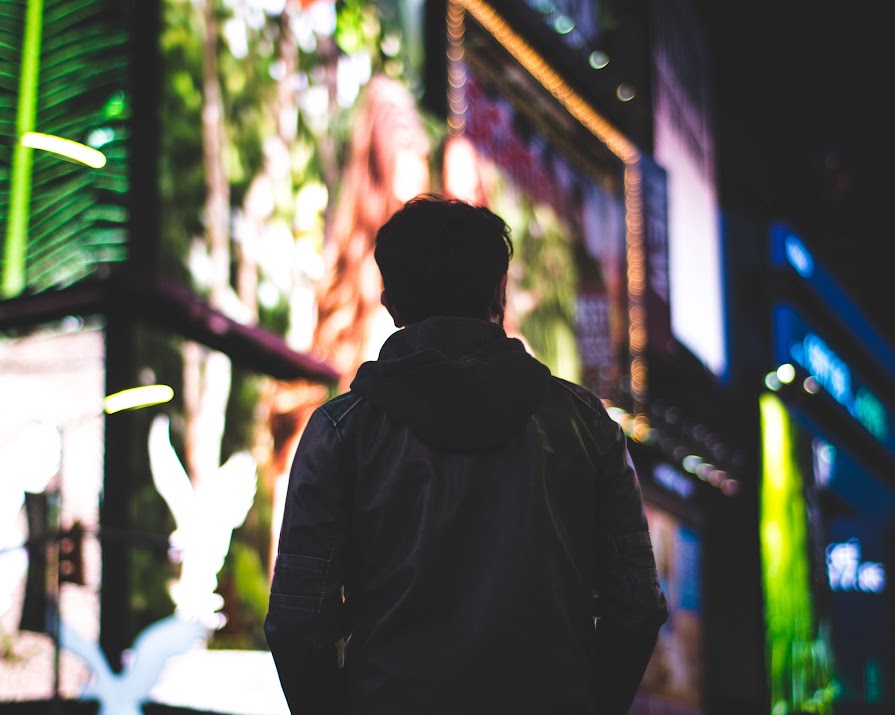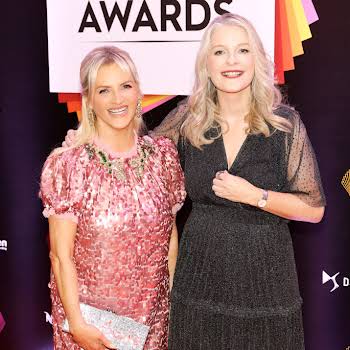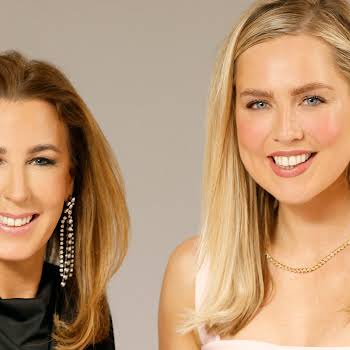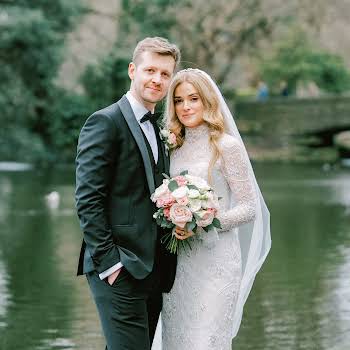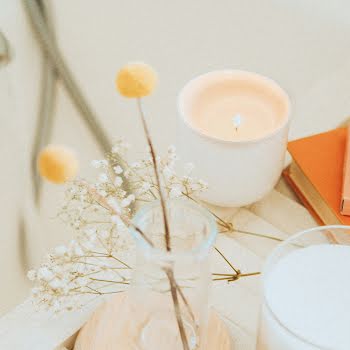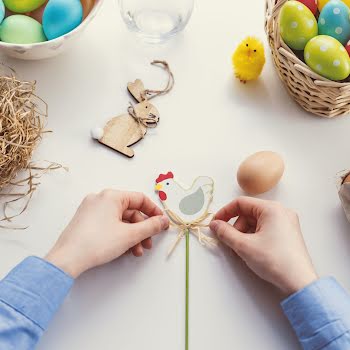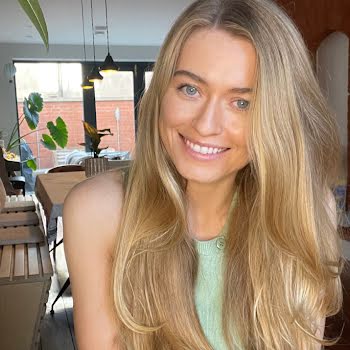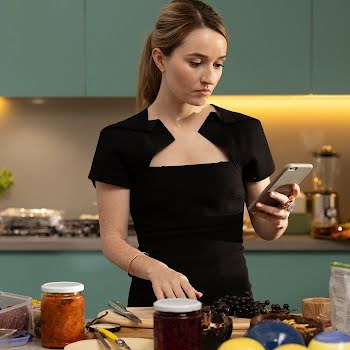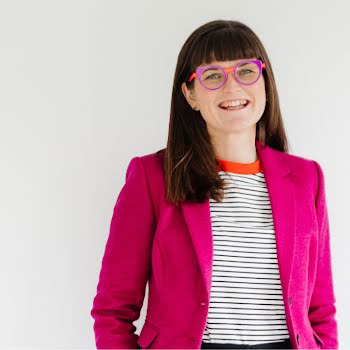
By Niamh Ennis
11th Mar 2024
11th Mar 2024
I believe that the world is made up of two types of people - those who dislike being on their own and those who constantly crave it.
I also know that there is an argument to there being a healthy balance of both; but when it comes to personal preference, mine is always to spend as much time on my own, as is socially permissible.
Before you think I sound like a recluse, you’ll have to take my word for it that I’m not. In fact, I thrive on my connection to others. I really come alive when I am with someone who interests me, who excites me, who makes me laugh, who listens to me or who needs me to listen to them. I’m quite curious about people and find them fascinating and alluring. When I choose to be in the company of others, I am all in, I’m fully present and committed to them, in that time.
But the vital word in that last sentence is ‘choose’. For me, so much of this comes down to choice. There is an enormous difference to feeling lonely, to wishing you had the company of others versus opting for and choosing to spend time on your own. I also found that when I selected to spend time on my own it was infinitely more meaningful and had a deeper impact on me.
Advertisement
It wasn’t always this way. I think of my life in two halves when it comes to this topic. For the first half, I really hated being on my own and obsessively avoided it. I was convinced that being on my own was akin to admitting that nobody wanted to spend time with me. Because of all that I was lacking in myself, I relentlessly sought validation from others and so the idea of being on my own, let alone enjoying it, was alien to me. I can see now that I was, in fact, very needy. The fear of being abandoned was forever present in my thoughts.
The second half of my life, however, feels very different, not just in how I think about being on my own, but in what it is that I prefer doing. This was admittedly brought on by having experienced the challenge of losing those closest to me through serious illness. The subsequent grieving period resulted in my acknowledging, and accepting, that I was very much on my own and so had little choice but to rebuild my life from that place. Fast forward, to well over a decade later, and I find myself in a far happier space and not coincidentally, enjoying a much stronger connection to my inner self.
These days, I continue to know the importance of human connection, but I now also possess a greater appreciation of going internally for the answers. Having done the work, and invested so much time on myself, I find that I like myself so much more now than I have ever done before. And, because I like myself more, it follows that I enjoy spending time on my own in equal measure.
It probably doesn’t help that those past-times I enjoy the most tend to be solo pursuits. Having just released my first book it’s interesting the number of times people have asked me if I found it very lonely writing a book. And yes, yes, I did, but that’s also one of the things I loved the most about it.
THREE BENEFITS TO SPENDING TIME ALONE
YOU FIND OUT WHO YOU ARE
One of the clear advantages of spending time on your own is observing just how it can help you to develop a deeper understanding of who you are, and just as importantly, who it is you want to become. The more you learn about yourself, what it is that you like doing and also what you want to do less of; the likelihood increases that you will feel drawn to doing more of what you love, and spending time with those who make you feel better about your life.
Advertisement
YOU GET TO KNOW YOURSELF BETTER
When you’re on your own, you feel empowered to make decisions free from the influence of others. You even get to choose how you would like to spend your time without needing to take their feelings into account. Making choices on your own will therefore encourage you to develop deeper insight into just who you are as a person, what makes you, you, and contributes to you feeling a lot more comfortable in your own skin. The more you know yourself, and what it is that you want from life, the better able you’ll feel about being your authentic self when in the company of others. You’ll feel far better equipped to show up just as you are and won’t feel so obliged to behave or act in a certain way.
YOU RELEASE THE PRESSURE
Spending time on your own also means that you can explore these questions without having the pressures and judgments that others may inflict on you. You get the opportunity to ask, and answer, the all-important question “what is it that I want?” In doing this, you avoid being influenced by what others expect of you, or what they might want for you, and trust me this is incredibly liberating and empowering! This kind of solitude enables you to think through what it is you want for your future life so that you can set about creating that vision and identifying the steps you need to take to get there.
It is indisputable that you should always ensure to spend time with other people. You learn so much about yourself and about life from others. Learning to love and be loved, is the biggest gift you can give and receive, but in order to do it properly, you must always start with yourself. There is no greater expression of self-love than wanting to, and choosing to, spend time on your own. The African proverb ‘If you want to go fast go alone. If you want to go far go together’ is true on so many levels. But just remember you can always do both and sometimes, if like me, you might simply feel the need to go faster, then choose what feels right for you and celebrate that you have that choice!
Niamh Ennis is Ireland’s leading Change & Transformation Coach and Author of GET UNSTUCK who through her private practice, writings, programmes, workshops and podcast has inspired, activated and helped thousands of people to make significant changes in their lives. She is an accredited Personal, Leadership & Executive Coach and the Lead Coach in the IMAGE Business Club. Instagram @1niamhennis. Her debut book “GET UNSTUCK” is available now from niamhennis.com/book and selected bookshops nationwide.
Advertisement
This article was originally published in November 2022.











